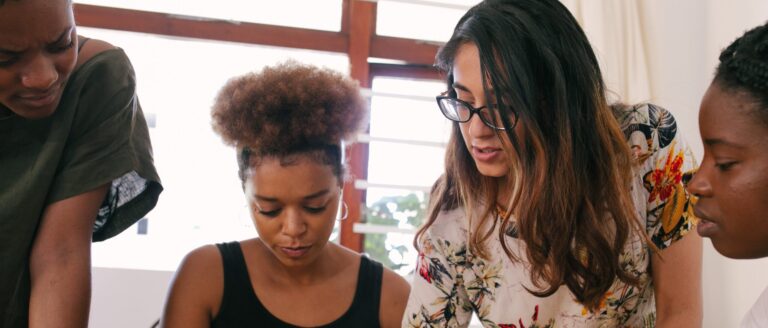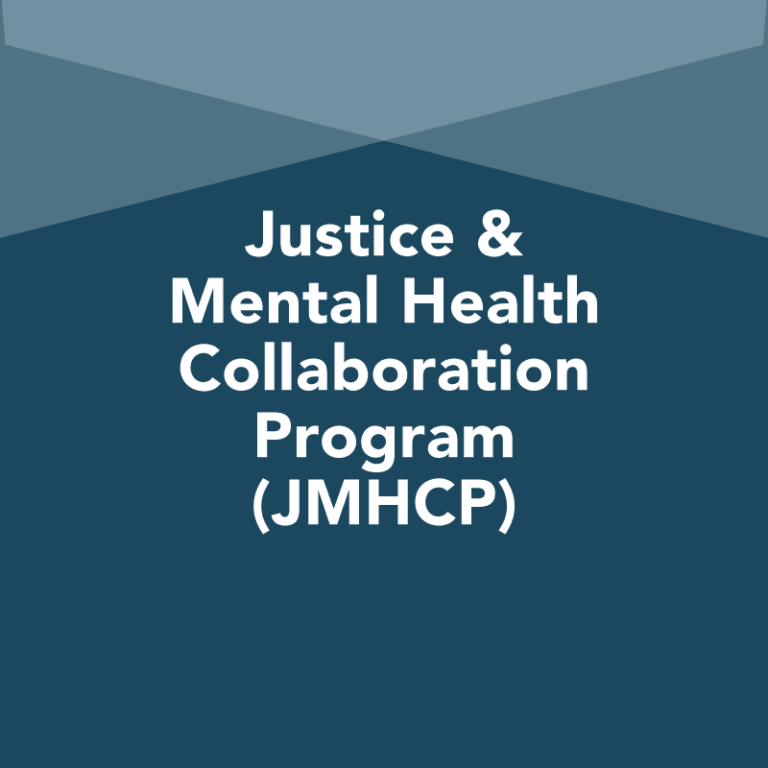Prosecutors play an important role in determining how the criminal justice system responds to people with behavioral health needs, but they may have questions about what they can do in cases that involve this population or any risks associated with recommending alternatives to incarceration. This brief provides research about people with behavioral health needs and the stigmas they face. It also presents practical steps prosecutors can implement to improve the outcomes for this population, reduce risk, and maintain public safety. Photo by Cytonn Photography on Unsplash.
Related Resources

Preparing Law Enforcement Agencies for Embedded Clinicians
Crisis Systems, Law Enforcement, Mental Health
Read more
Building Successful Partnerships with Peer-Run Organizations
Co-Occurring Substance Use, Mental Health
Read more
FY2023 Planning and Implementation Guide for JMHCP Connect and Protect
Co-Occurring Substance Use, Law Enforcement, Mental Health
Read moreAuthors

Rachel Lee
Project Manager, Behavioral Health
Rachel Lee provides technical assistance to Justice and Mental Health Collaboration Program grantees and offers support on other projects that focus on the intersection of behavioral health and criminal justice. Prior to joining the CSG Justice Center, Rachel worked for C4 Innovations, where she provided project assistance to several recovery-focused Substance Abuse and Mental Health Services Administration initiatives. Rachel has also served as a therapist for people with behavioral health disorders in both inpatient and outpatient health care settings. Rachel earned her BA in psychology from Bates College and her MSW and MPA from Columbia University.